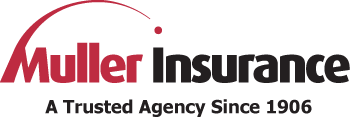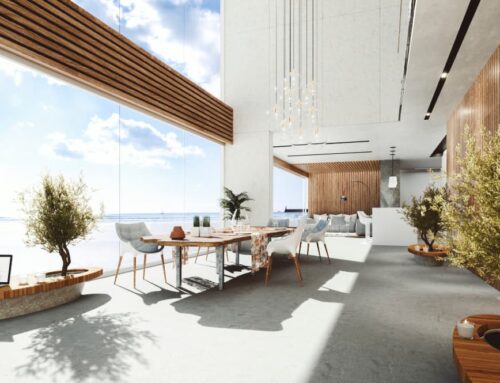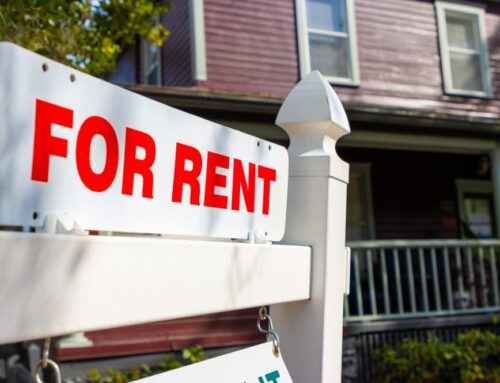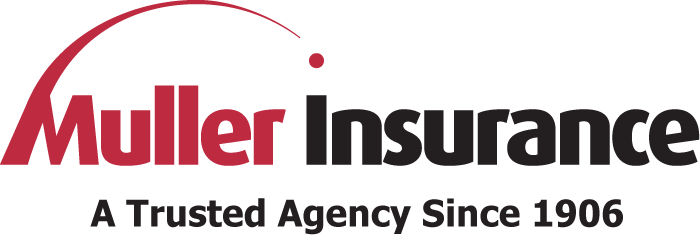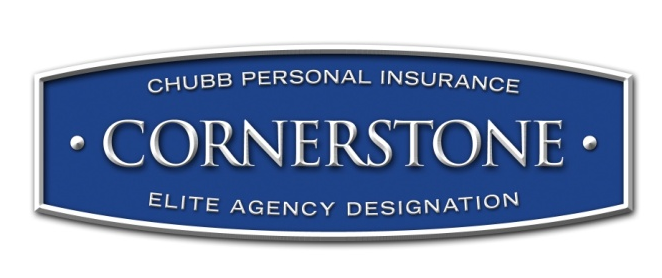If you’ve seen more buildings in your area with a mix of apartments above and retail or other commercial spaces below, you’ve noticed the rise in mixed-use apartment buildings. These properties are attractive to renters and business owners alike thanks to frequent foot traffic, easy access, and the thriving communities they support. Yet insuring a mixed-use property can be challenging for the property owner, who must achieve the right combination of coverage to avoid liability. Here, Muller Insurance explains why mixed-use apartment insurance can be complicated – and how to manage it.
What Kind of Coverage Do Retailers Need?
The type of coverage required for retailers in a mixed-use space is generally the same for building owners and tenants, although owners will have some additional responsibilities for common areas and shared spaces, like stairwells, walls, and hallways. A comprehensive retail policy should include coverage for loss, property damage, the seller’s stock, any equipment used to produce offerings, and the building’s interior or exterior structures. For example, if the retailer operates a screen-printing press that damages the wall next to it or if they are burglarized, their insurance policy will cover the damage or loss.
Retail proprietors should also have sufficient liability insurance to cover injuries, as well as coverage for situations that result in loss of income, including equipment breakdown or computer failures. Keep in mind that building owners must ensure tenants have sufficient insurance to cover their own property, damages, and liability and that non-retail tenants, such as restaurants, bars, and offices, have unique insurance needs.
What Kind of Coverage Do Landlords Need?
Mixed-use insurance is just as important for apartment rentals as it is for retailers. To protect themselves against loss and liability, apartment building insurance must include coverage for:
- The building’s structures, plumbing, heating, and cooling systems, and more
- Liability in common areas
- Sewer drain/backup coverage
- Loss of rental income
Loss of rental income does not supplement your earnings when you can’t find tenants for your property. Instead, it compensates your lost income when building damage prevents you from renting. But keep in mind, you can only be compensated for damage that is covered by your policy, like fire damage, theft, and more. If flood waters damage the property but you have no flood insurance, you will not be compensated. It’s also important that tenants understand your policy only covers the building, items you provide, and common areas. Their personal property must be protected by renters insurance to guard against loss.
Is Other Coverage Needed?
Owners of mixed-use properties should seek coverage for any of the same issues faced by other property owners. This includes flood insurance if needed, and other disasters, as well as fire protection, building ordinances, and legal services to address disputes between property owners and tenants. Additionally, if you plan to live in one of the property’s units, you may require owner-occupied dwelling insurance. Be sure to speak with an experienced insurance agent to determine which types of coverage you need and how much is required.
Investing in mixed-used apartment buildings is a great way to generate rental income, supplement your retail shop’s earnings, or expand your property portfolio. However, you’ll need the right insurance to protect your investment and ensure the success of your endeavors. Contact Muller Insurance today to receive a free quote and learn more about mixed-used apartment insurance – with more than 100 years of experience, we can answer all your questions and provide the coverage you deserve.
